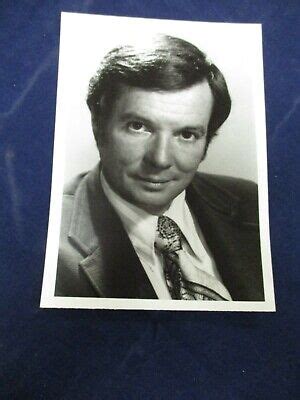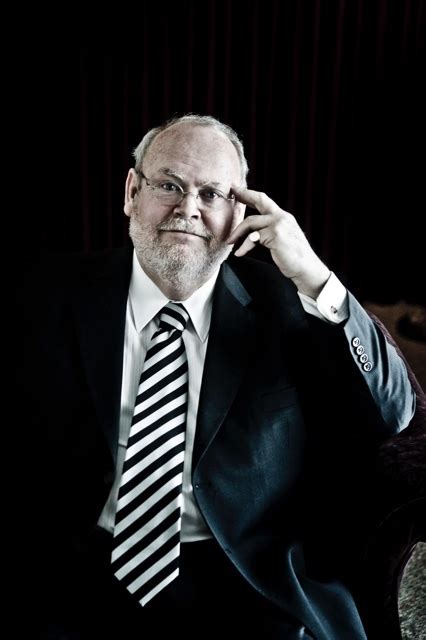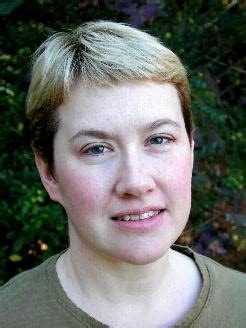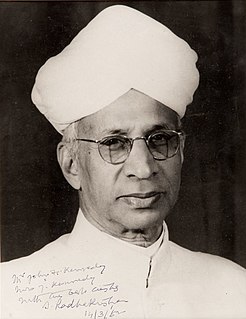A Quote by Earl A Grollman
Grief is not a disorder, a disease or sign of weakness. It is an emotional, physical and spiritual necessity, the price you pay for love. The only cure for grief is to grieve.
Related Quotes
Grief is neither a disorder nor a healing process; it is a sign of health itself, a whole and natural gesture of love. Nor must we see grief as a step toward something better. No matter how much it hurts-and it may be the greatest pain in life-grief can be an end in itself, a pure expression of love.
I think grief is a huge subject; it's one of the things that everybody is going to confront in one way or another. There's been a lot of books written about how Americans have an odd way of trying to defer grief or minimize the need to grieve. People used to have a lot more ritual grief in their lives. For the most part, we think of it as a strictly temporal process: you grieve for a time and then you're over [it], but it's also a spatial process. It travels across a map.
Grief causes you to leave yourself. You step outside your narrow little pelt. And you can’t feel grief unless you’ve had love before it - grief is the final outcome of love, because it’s love lost. […] It’s the cycle of love completed: to love, to lose, to feel grief, to leave, and then to love again. Grief is the awareness that you will have to be alone, and there is nothing beyond that because being alone is the ultimate final destiny of each individual living creature. That’s what death is, the great loneliness.
The heart that loves must one day grieve. Love and grief are the Goddess's twined gifts. Let the pain in, let it open your heart to compassion. Let me help you bear your grief and then may your heart ease and open to greater love. May the love that flows eternally through the universe embrace and comfort you. p.85
Homeopathy did not merely seek to cure a disease but treated a disease as a sign of disorder of the whole human organism. This was also recognized in the Upanishad which spoke of human organs as combination of body mind and spirit. Homoeopathy would pay an important part in the Public Health of the country along with other systems. Medical facilities in India are so scanty that Homoeopathy can confidently visualize a vast field of expansion.
All those years I fell for the great palace lie that grief should be gotten over as quickly as possible and as privately. But, what I've discovered is that the lifelong fear of grief keeps us in a barren, isolated place, and that only grieving can heal grief. The passage of time will lessen the acuteness, but time alone, without the direct experience of grief, will not heal it.



































